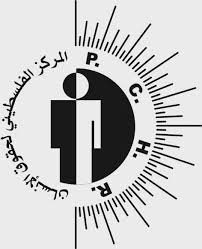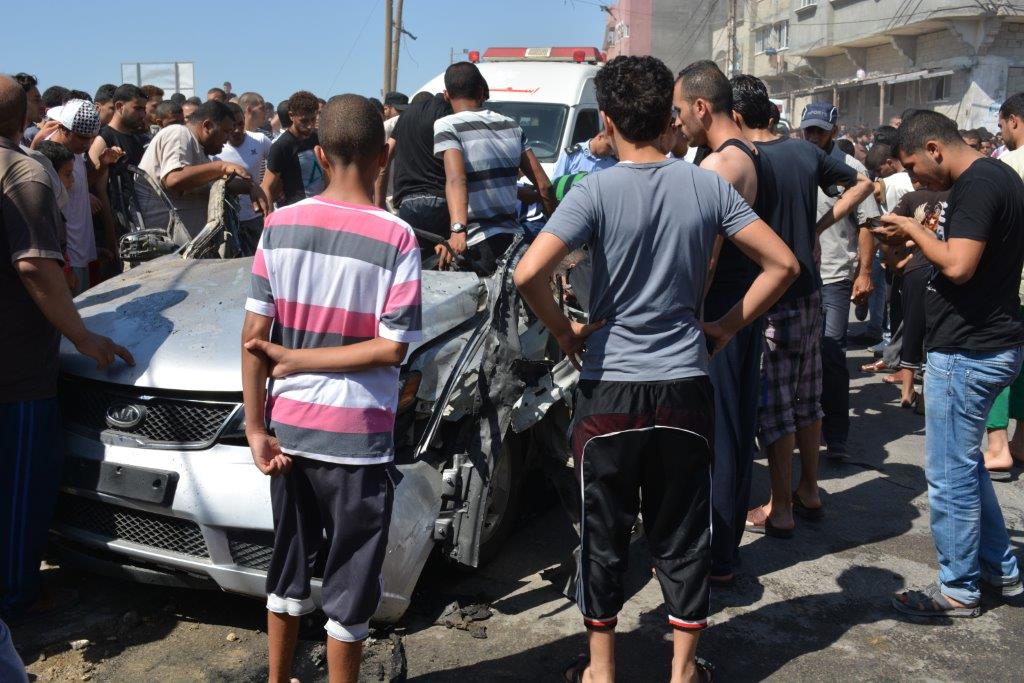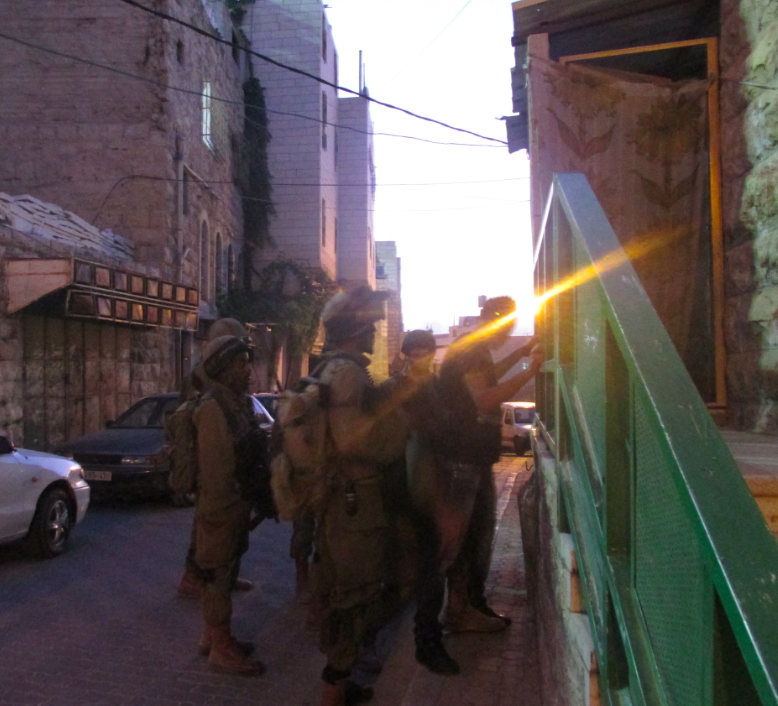Category: Gaza
-
Israeli forces kill Palestinian in Jenin, destroy 2 houses in Hebron, and launch airstrikes on Gaza
1st July 2014 | Palestinian Center for Human Rights | Occupied Palestine Following the declaration of finding of the bodies of 3 Israeli settlers who had been missing since 12 June 2014, Israeli forces have escalated their attacks against Palestinian civilians in the occupied Palestinian territory (oPt). Last night and this morning, Israeli forces killed a Palestinian civilian…
-
Collective punishment in Palestine
22nd June 2014 | International Solidarity Movement| Occupied Palestine On Thursday 12th of this month, three settler youth disappeared while hitchhiking in the Hebron area of the West Bank. No Palestinian group or organisation has taken responsibility for the disappearance. 15-year-old Mohammad Dudeen was murdered in the early hours of Friday morning (20th) after he was…



